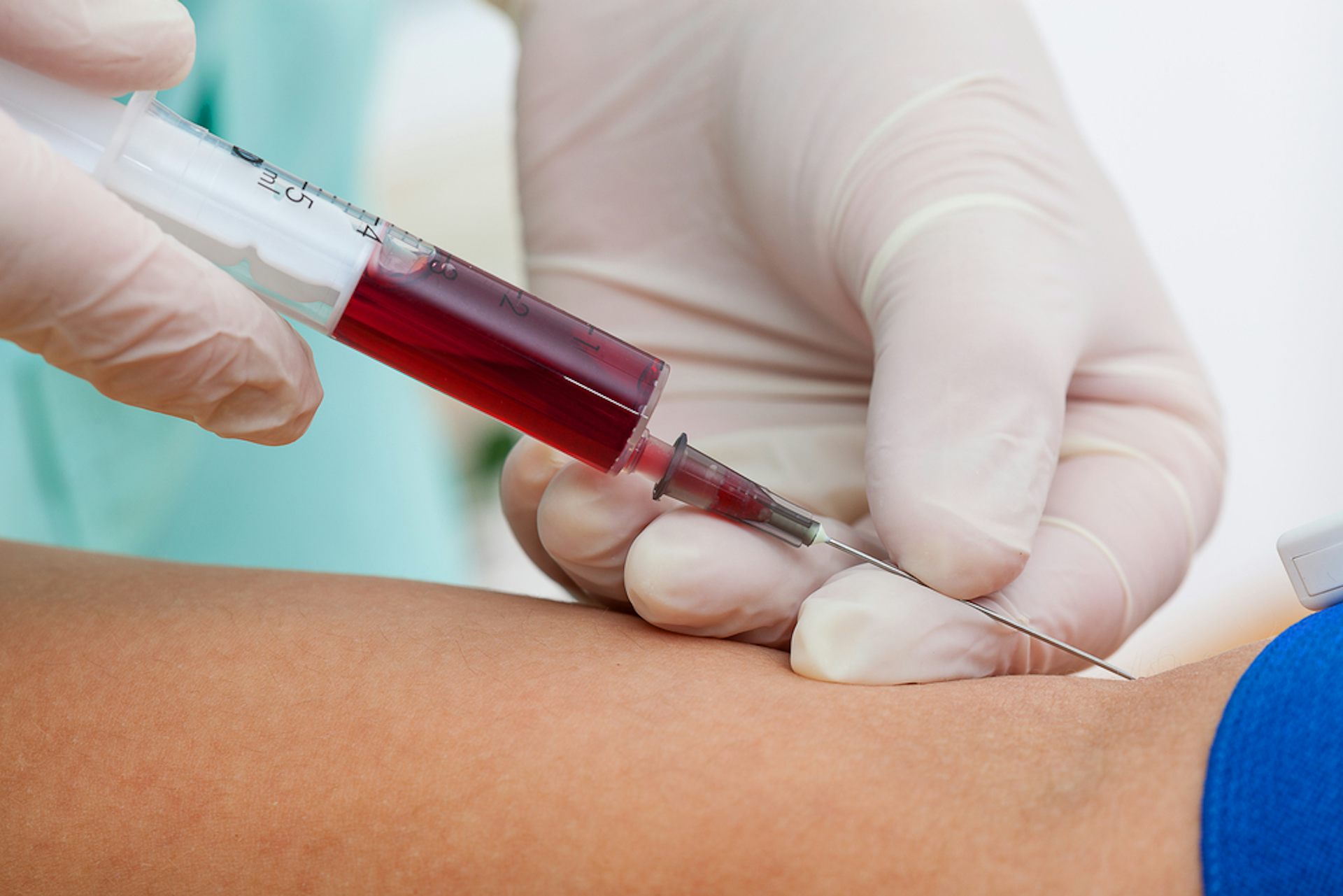Using information from someone’s immune reaction, researchers have devised a blood check that can, as should be expected, affect the risk of breast cancer recurrence. Despite clinical advancements in breast cancer studies, this type remains the leading cancer among women in the United States and the second deadliest after lung cancer. Many breast cancer survivors stay with a chronic worry that the circumstance will reemerge, the same time as researchers are tough at paintings, seeking to figure out styles of breast cancer recurrence. For example, research on breast cancer receptors displays that estrogen receptor (ER)-bad breast cancers are much more likely to recur in the first five years after analysis, while ER-fantastic breast cancers are related to a better risk of recurrence within the following ten years.

However, a lot remains to be recognized about breast tumor recurrence, and scientists are nevertheless seeking to acknowledge all of the elements that come into play, from the character of the cancerous cells to the timing of remedy. New studies appear on the body’s antitumor inflammatory response to devise a blood check that can soon expect a person’s chances of experiencing breast cancer recurrence.
Dr. Peter P. Lee, chair of the Department of Immuno-Oncology at the City of Hope Comprehensive Cancer Center in Duarte, CA, is the senior writer of the brand new look in the magazine Nature Immunology.
Predicting recurrence threat within 3–5 years The stability between the immune gadget’s pro- and anti-inflammatory signaling in response to cytokines can determine a person’s antitumor immune response, explain.
Dr. Lee and associates of their paper.
For the have a look, the researchers recruited 40 breast cancer survivors and clinically accompanied them for a median period of 4 years. The researchers extensively utilized an extra sample of 38 breast cancer survivors to try to replicate their findings from the previous group. A person with most cancers tends to have peripheral blood regulatory T cells (T-reg cells, for quick) with less active seasoned-inflammatory cytokine signaling pathways and greater energetic immune-suppressive cytokine signaling pathways, explain the researchers.
Such an environment can lead to the unfolding of most cancers. So, Dr. Lee and co-workers examined the signaling responses to pro-inflammatory cytokines in various peripheral blood immune cells from most breast cancer survivors. The researchers found that the signaling reaction in T-reg cells was altered for two pro-inflammatory and two anti-inflammatory cytokines in a few breast cancer survivors. These signaling responses correlated with the nation of the individuals’ immune structures and correct predictions of their breast cancer recurrence within the following 3–five years. Using these signaling records.
The scientists created an index. The desire is that, in the end, healthcare specialists could be able to run statistics of a blood pattern from a breast cancer survivor through an algorithm primarily based on Lee and the team’s cytokine signaling index. The goal is for physicians and people living with breast cancer to realize the risk of the sickness within the next three to five years. “The [cytokine signaling index] is a usual mirrored image of an affected person’s immune machine at analysis, which we now recognize is a prime determinant of future relapse. Knowing the danger of most cancer relapse will tell doctors how competitive a particular affected person’s cancer remedy needs to be,” Dr. Lee explains.







